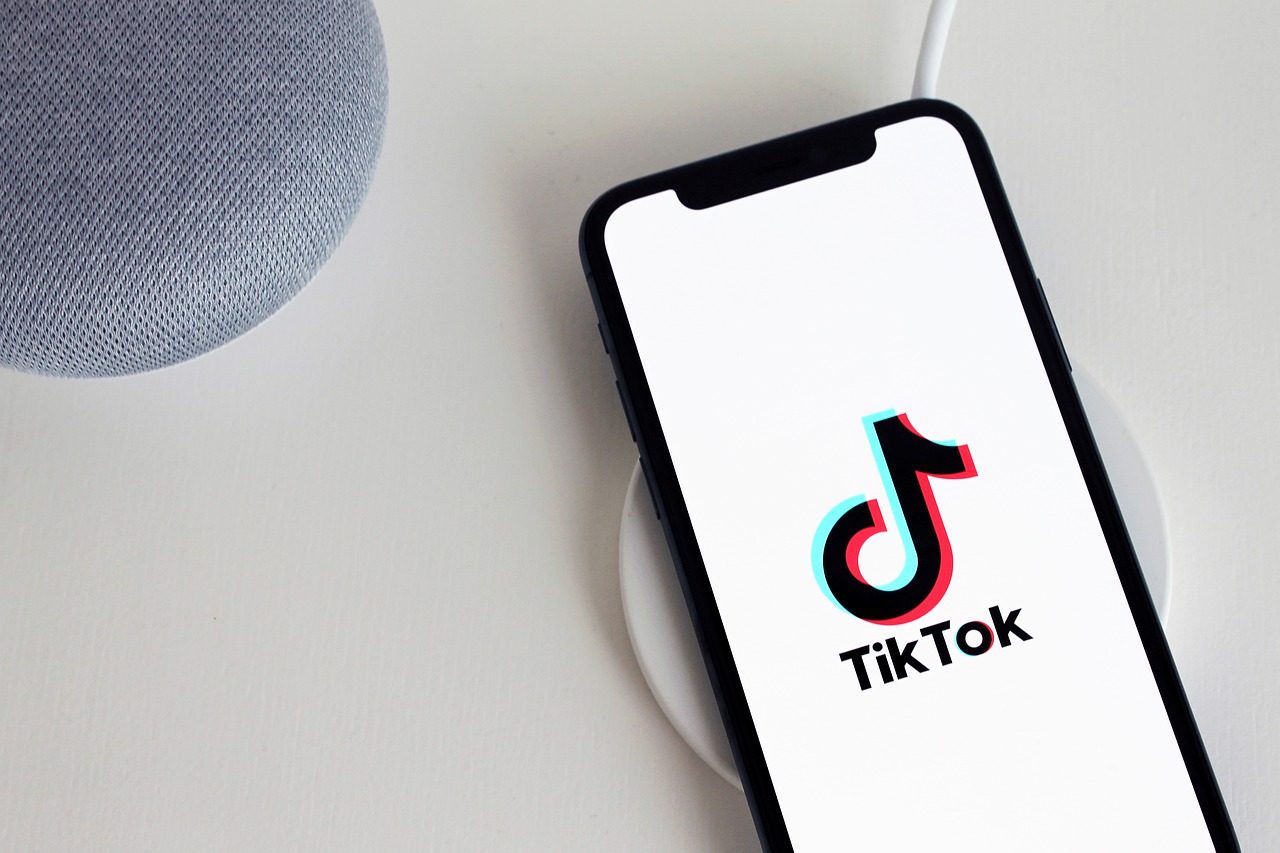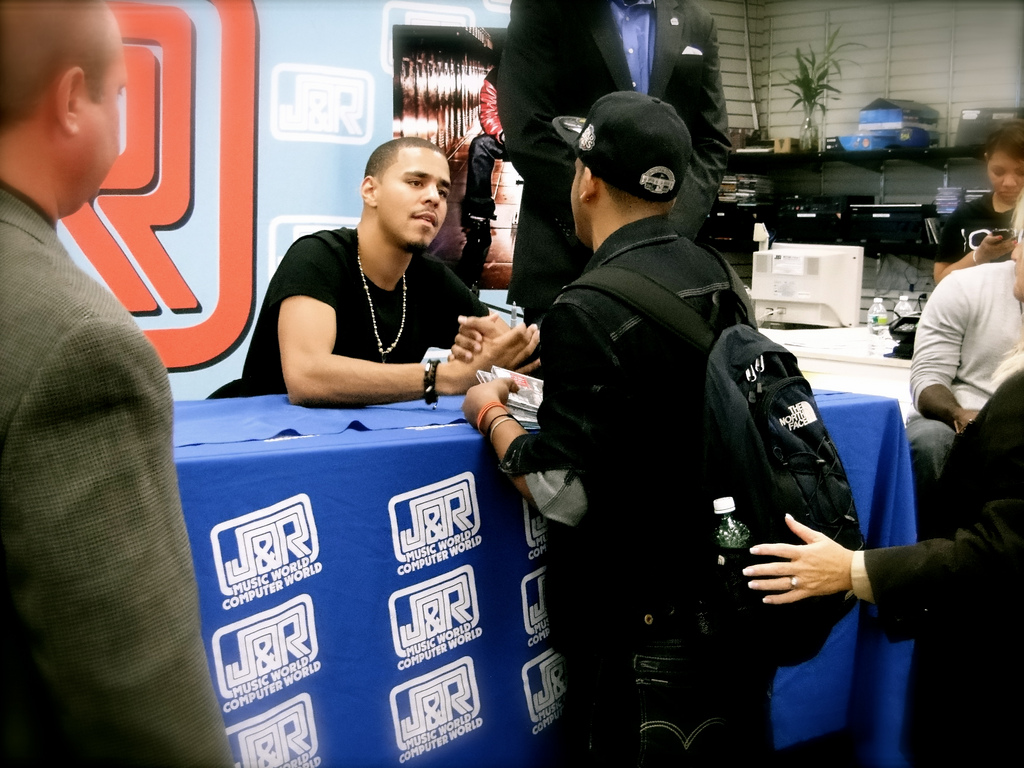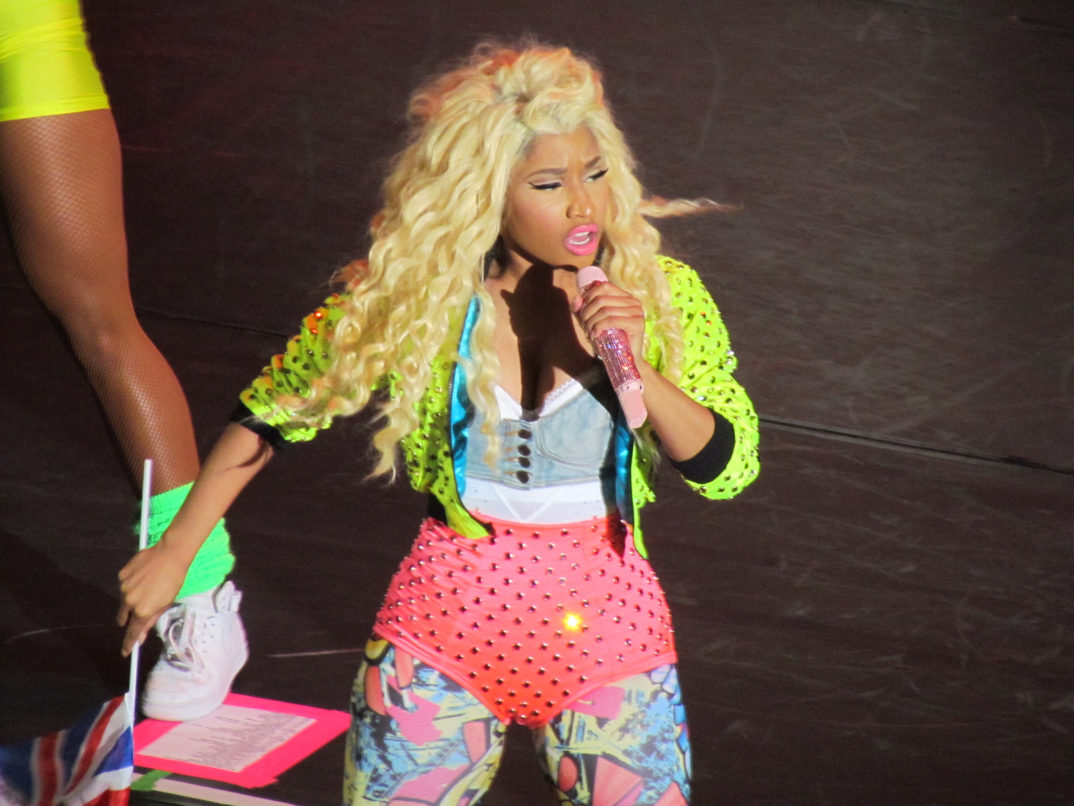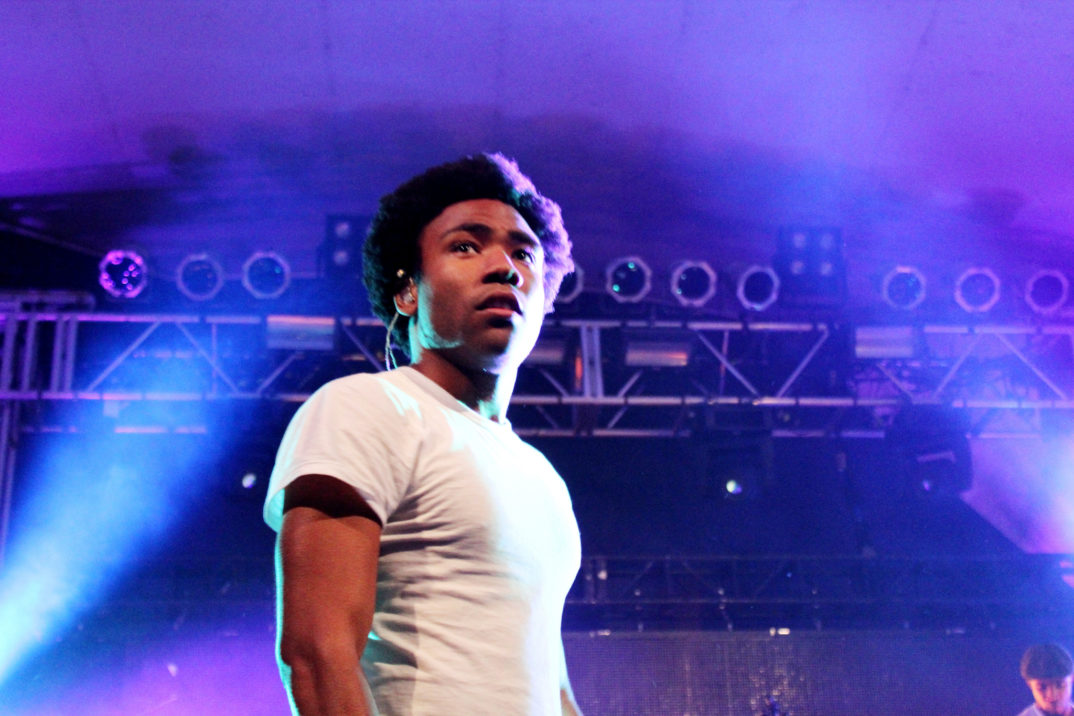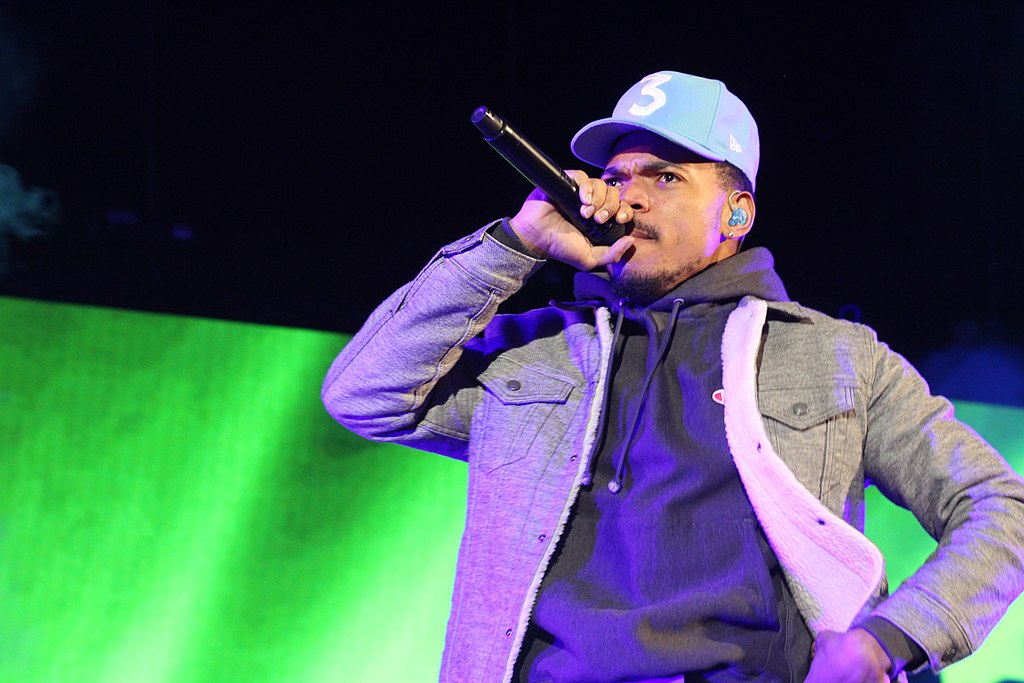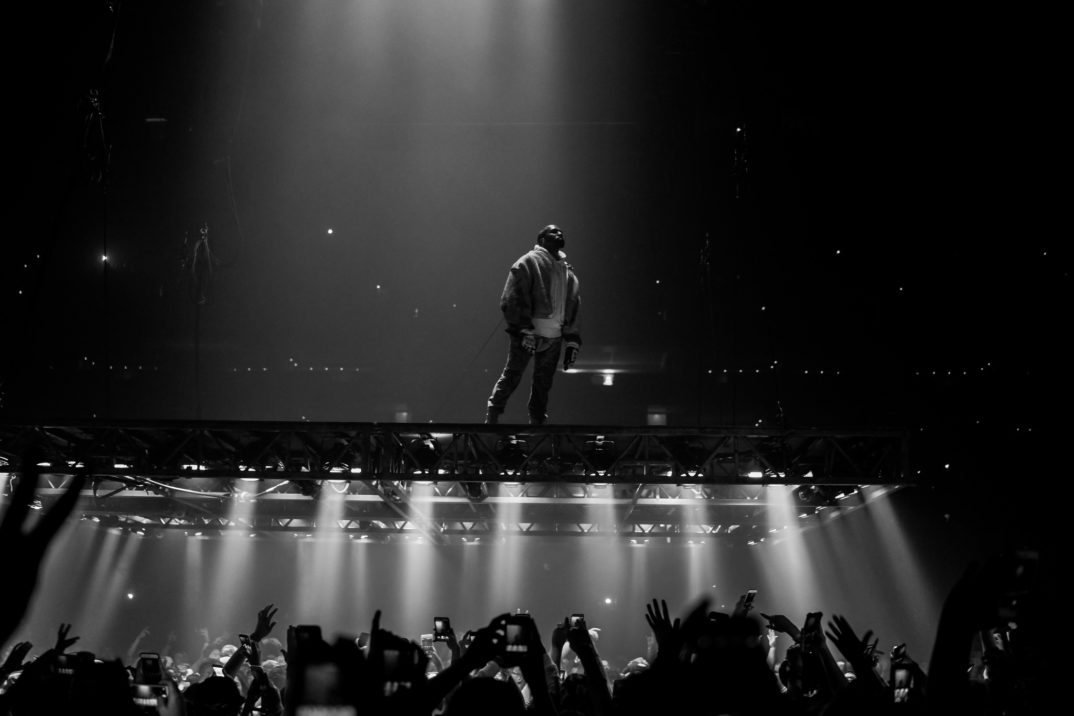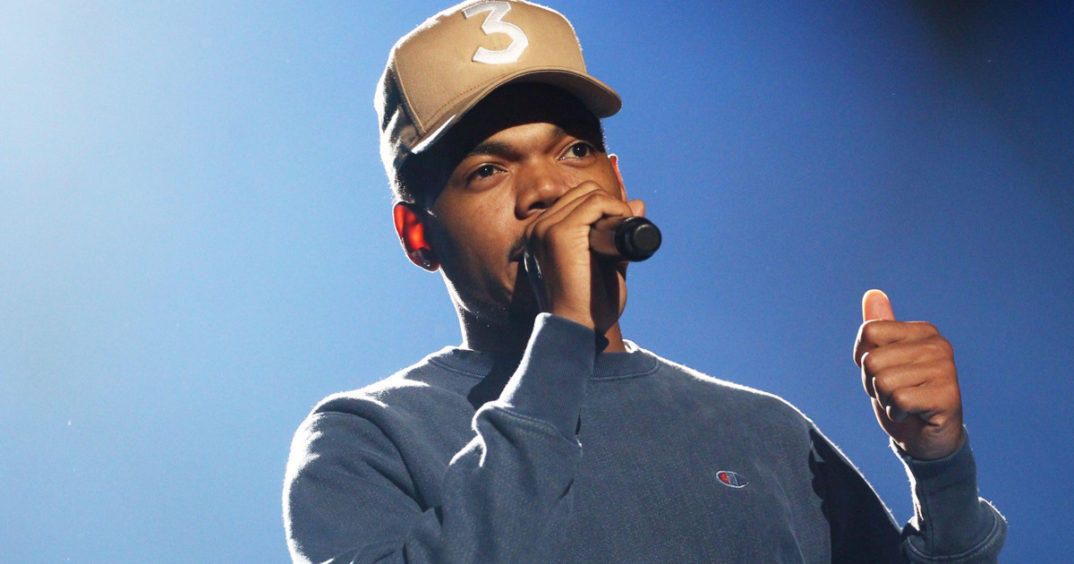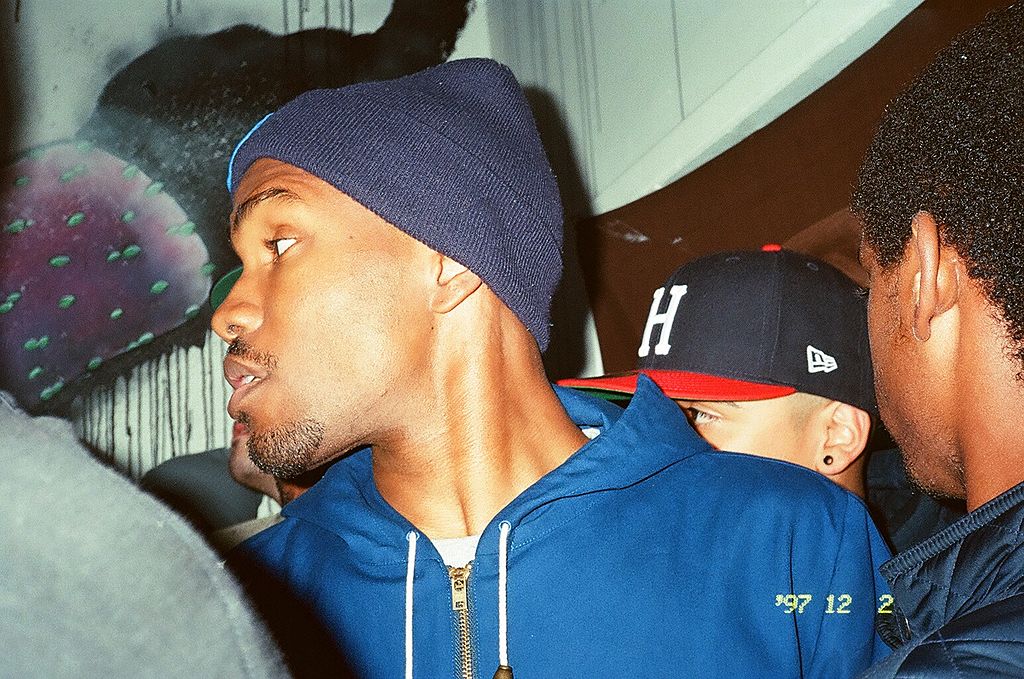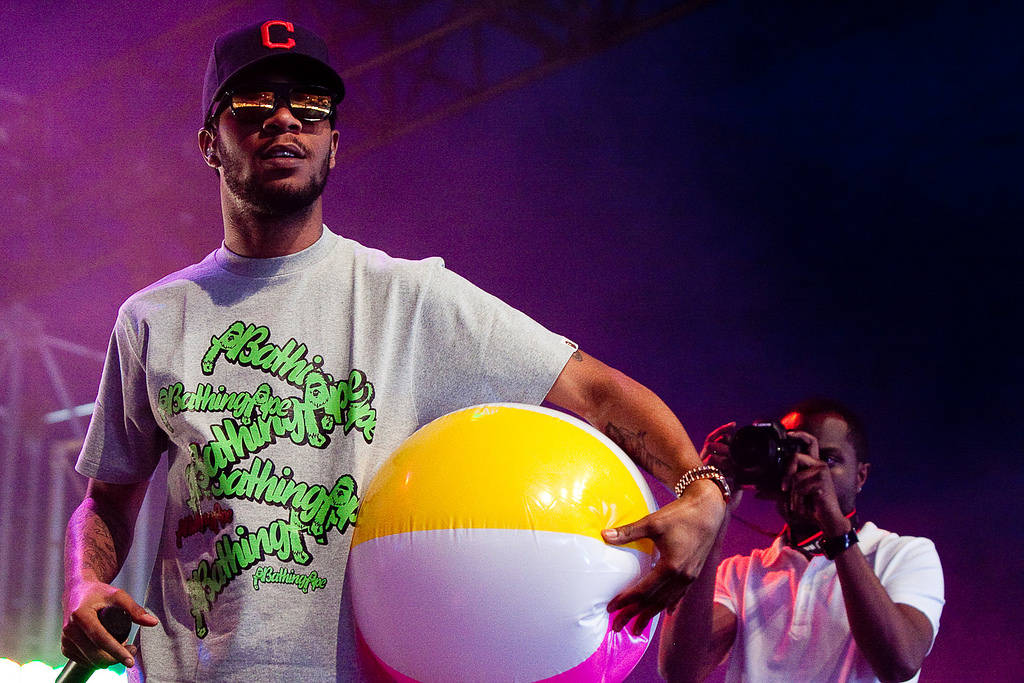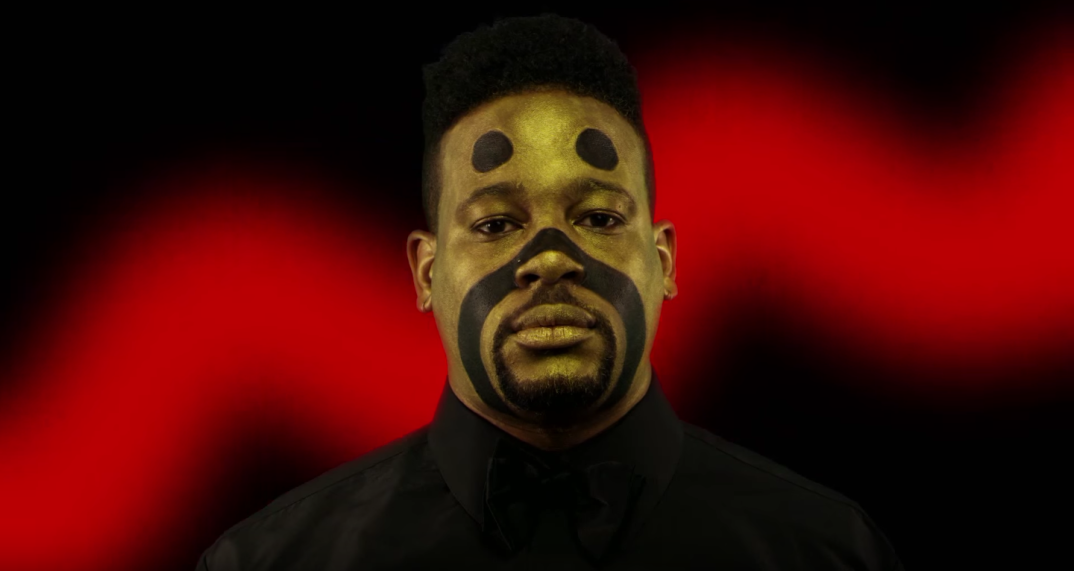TikTok has taken over the world by storm. In 2018, it became the most downloaded app on the IOS networks app store with 45.8 million downloads, passing up YouTube’s 35.8 million and Instagram’s 31 million. With around 800 million active users worldwide, the app has been the hub for the latest viral challenges, skits, and dances.
In the wake of TikTok’s popularity comes a very noticeable shift in the music industry, specifically for rap. Lately, rappers look for the success in the virality of their music through TikTok and have continued to engineer their music for the platform. This new wave of rap music coming up through TikTok begs the question if it’s a good thing for the genre or causing a regress.
The power of TikTok and what it could do for the modern day music artist first came apparent with Lil Nas X and his smash hit “Old Town Road.” The song saw a variety of remixes, was the source of endless memes, and maybe most importantly, it sat atop the Billboard Hot 100 chart for a record breaking 17 consecutive weeks.
Lil Nas’s success wouldn’t have been possible without TikTok though. Before, his song sat in the void with millions of others hoping for even the slightest exposure. But once it popped up on TikTok and people grew curious about the rap-country mashup playing in the background of other user’s videos, the song exploded from there. Since then, along with Lil Nas’s affirmation, TikTok emphasizes what the app can do for music creators.
With Lil Nas’s success in mind, how is TikTok regressing rap? After all, along with the accolades the app helped his song achieve, TikTok and Lil Nas X demonstrated how versatile rap can be when blended with other genres. It even shed some light on the LGBTQ community’s relationship with rap music when Lil Nas came out as queer.
Maybe the issue isn’t so much with “Old Town Road” than it is with the surge of music artists coming after Lil Nas, looking for their chance at virality and Billboard standing. Since then, countless rap artists and groups have strategized putting their music on TikTok for their chance at pushing their brand, so much so that there are tutorials on how to make music on TikTok go viral.
But in the midst of this scramble for virality, up-and-coming rappers who are already established, as well as seasoned rap veterans, have made their mark with their music on the app. For instance, the rapper/singer Doja Cat’s song “Say So” entered Billboard’s Hot 100 at number 96 after trending on TikTok. Even the living rap legend Drake has gotten in on the app when his 2018 hit “Nonstop” gave rise to the “Flip the Switch Challenge,” where people stand in front of a mirror and change clothes after turning off a light. The challenge received more than half a billion views.
Now, in the midst of the world in quarantine due to COVID-19, Drake released his latest single “Toosie Slide,” a track with lyrics turned instructions for a simple dance that Drizzy seemingly made up on the fly. Like the dance, the song itself isn’t groundbreaking. Yet it reached number 1 on Billboard’s Hot 100. Why? Besides the fact that he’s simply Drake, the Toronto rapper has been doing for years what rap artists looking for virality on TikTok have just started to do—using social media creatively to push music. The majority of people listening to “Toosie Slide” don’t have it on their playlist to study or travel. Whenever the song is playing, the person who turned it on is filming themselves or someone else to post online to go along with the latest trend.
So, yes, tapping in to social media to push music isn’t anything new. But while Drake has always bided his time and made calculated moves with marketing his music, it’s as if rappers looking for TikTok to make their music viral are throwing what they have at the wall and seeing what sticks.
Maybe this is the core of the issue with TikTok and a negative impact on rap. The genre is over saturated to begin with. But now, with the advent of TikTok and its formulaic nature, anyone who’s read a Dr. Seuss book and knows how to use Garage Band has a shot at becoming the next big thing. It seems as if rap artists looking to TikTok for fame are looking for just that. The music itself and the quality of it becomes second to virality.
However, even compelling and unique works can come from the combination of rap music and TikTok, arguing that music quality and virality go hand in hand. Take Tierra Whack, a Philly rapper who made waves in the rap industry with her debut project Whack World. But there’s a catch. There’s a total of 15 tracks on Whack World, and they’re all 1 minute long. For the music listeners who want an immersive music experience, Whack released a 15 minute visual consisting of a series of vignettes that catered to each track.
But the short songs themselves are engineered towards potential listeners on TikTok. It’s easier for users to pick out what they want to use for their 15-second video from a 1-minute song than a 3-minute and longer song. Even a producer that worked on Whack World said that TikTok’s 15-second window is pushing producers to be more concise with their songs. No more long intros or inside jokes on outros.
But why should TikTok dictate how rap music is made? For likes and to be featured on the app’s main page? This way of thinking is reminiscent of that of those in the PR/advertising industry—modern day Mad Men.
But should music really be made the same way that Super Bowl commercials are? A person with a glass half full way of thinking might say that we should welcome this shift in hip-hop and encourage how the genre is reaching so many people through the app. But then, the most cynical critic could take one look at artists engineering their music to be featured for 15 seconds on an app and say that they’re catering to a generation of listeners with decreasing attention spans.
With TikTok growing ever present in rap, it seems like we’re one generational shift away from the music from the early 10’s and prior being considered archaic. And the amazing thing about rap music is that the genre is always evolving. Though that shouldn’t mean that the past is completely forgotten, and the future is always one that we should be headed for.

